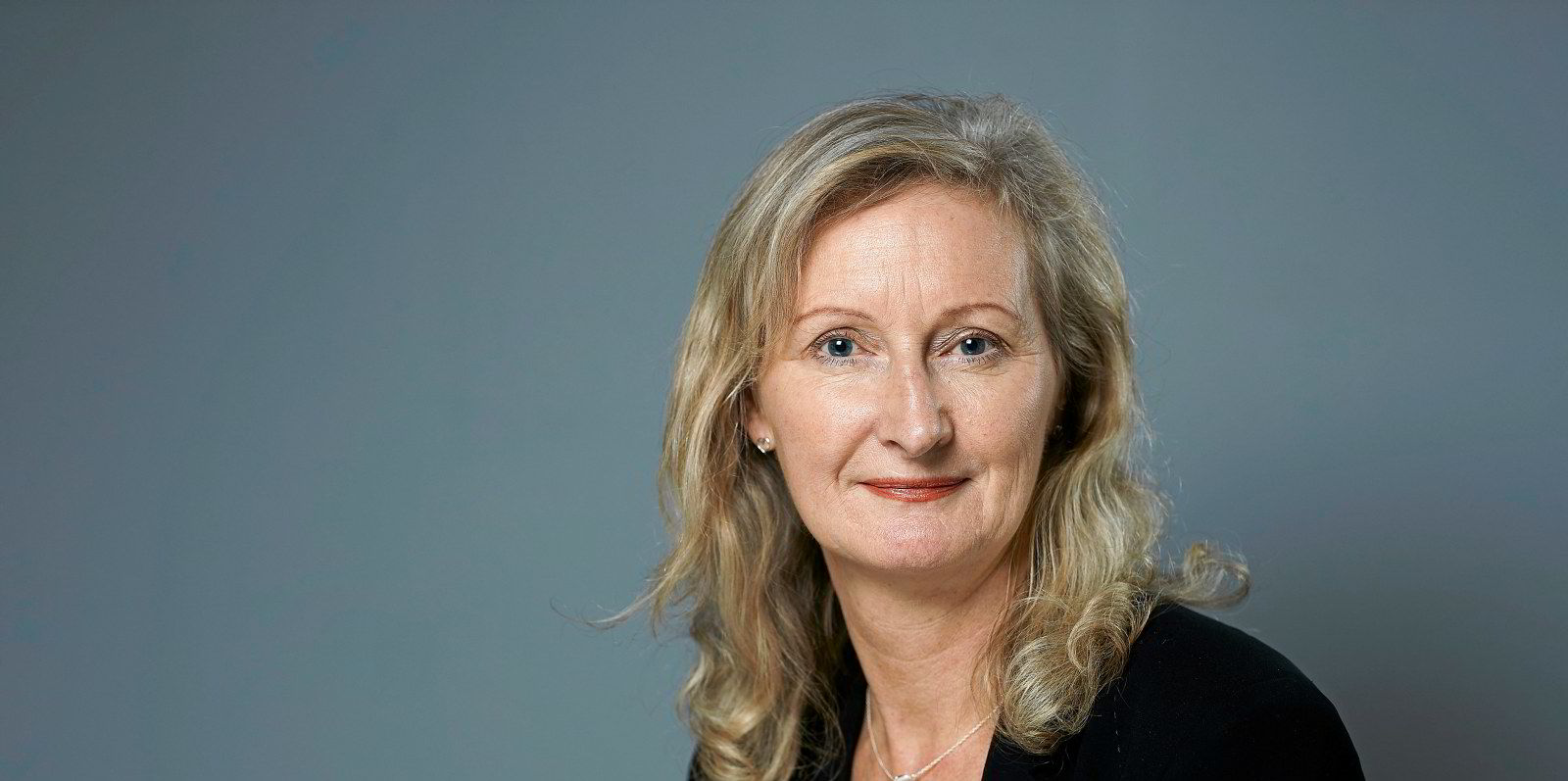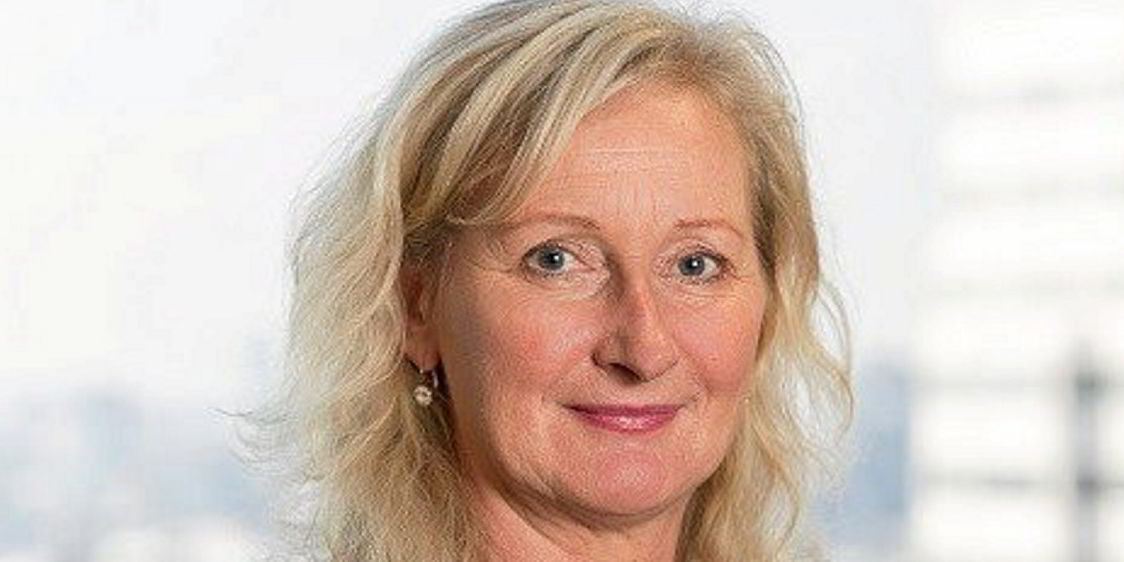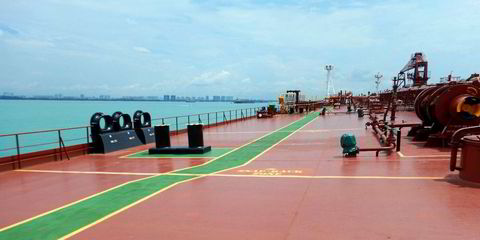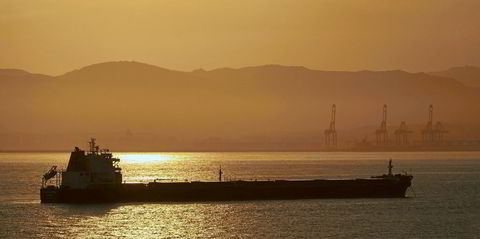To support our common goal towards decarbonisation of shipping, we need guidance and partnership to understand the risks and ensure the transition is done safely. This will be my main focus in 2022.
With no clear future fuel of choice, we expect to see a diversity of low and zero-carbon fuels with different properties that all carry their own risks. But they also have one thing in common: they are largely untested and unregulated.
Still, owners will need the financial protection offered by insurance to tackle the decarbonisation challenge.
To provide this support, we need to identify any safety gaps and assess the risks of alternative fuels that are often associated with toxicity, corrosion, fire and explosion hazards.
My role in this will be two-fold. Firstly, to facilitate knowledge sharing between marine insurers and their clients, class, engine manufacturers and other experts on the new and greener fuels.
This article is one of more than three dozen contributions from shipping industry stakeholders about their outlook for decarbonisation efforts in the year ahead. We asked shipowners, managers, financial professionals, technology providers and more about their own efforts to address greenhouse gas emissions in 2022 and what they hope to happen in the industry this year.
This will ensure that the potential risks are fully understood and managed.
Secondly, to engage with regulators and classification societies on the development of standards and regulations for the alternative fuels to protect crew and assets.
Fortunately, this goal appears aligned with that of owners, class and several other stakeholders in the industry.
A few proposals to address the safety requirements for the use of alternative fuels have already been submitted to the IMO. At the start of 2022, it is well worth reminding that there is an urgency of this work with only eight years to go until the target year of 2030, when a number of zero-emission vessels should be delivered.

For the early movers, regulation will not be there in time and transparency will be needed to ensure safety is addressed in the design, functionality, technology and crew training for these vessels.
Following COP26 and the emission-reduction targets that align with reaching net zero by the middle of the century, the pressure is now on for IMO to reach an agreement on shipping. Significant progress is needed in the year ahead to develop the mid- and long-term measures for greenhouse gas reductions, including a consideration of market-based measures and preparation of the GHG strategy review that is due by 2023.
Owners need clear guidance on what to expect and research funding to accelerate the progress, and this will also make decarbonisation more manageable from an insurance perspective.






